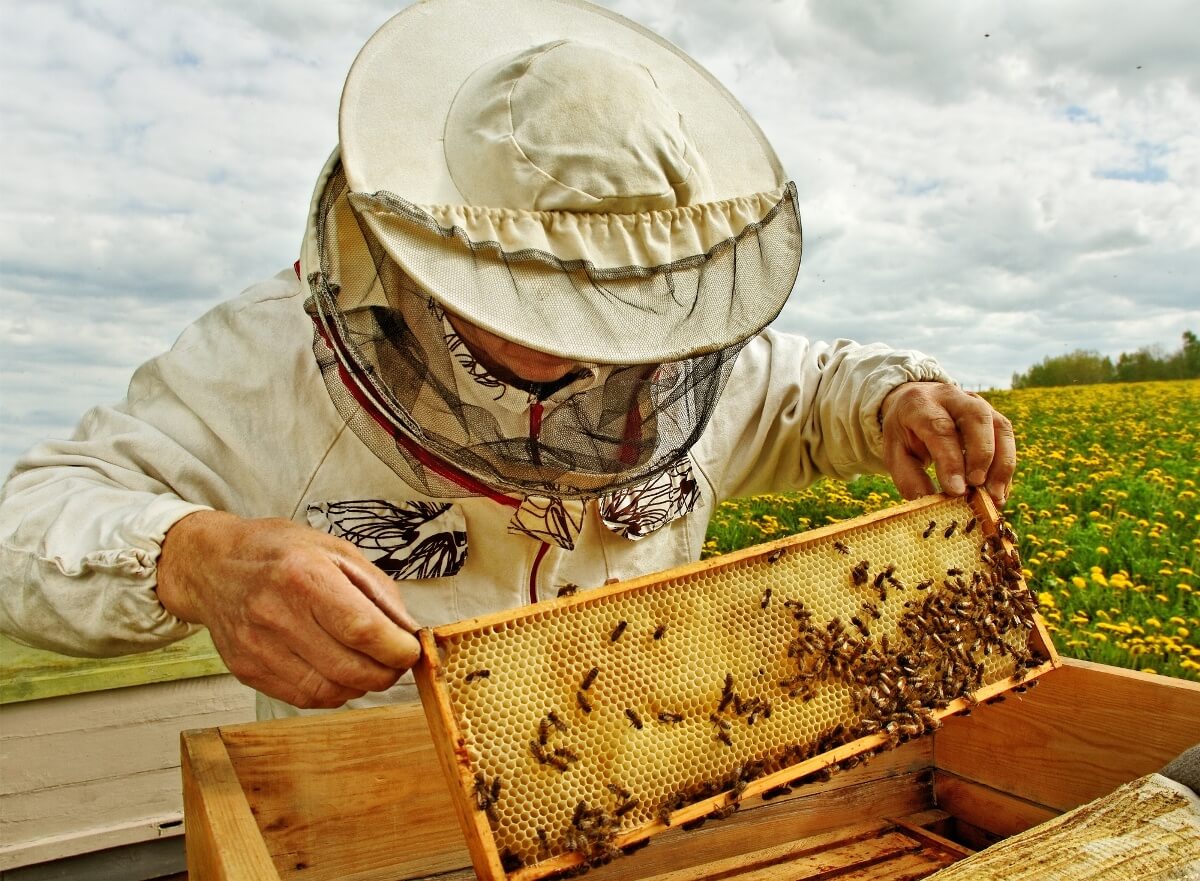People are more skeptical of sugars and artificial sweeteners than ever before, and consequently, more are turning to good old-fashioned honey to add a little sweetness to their lives. Not only is it delicious, but honey is packed with benefits that make this the clear choice over sugar.
But with so many types of honey on the market, it can be hard to know which is the best. The debate between raw vs. organic honey in particular is a major sticking point.
But what do those words mean for honey, and which one wins out?
Raw and Unfiltered Honey
You sometimes hear raw honey called “honey in the hive.” That’s because the idea is to bottle the honey in as close to the state you’d find it in the honeycomb.
The major difference is that raw honey is not pasteurized. Bees naturally keep their hives around 95 degrees Fahrenheit, so raw honey is never heated past that point during extraction or bottling. By avoiding pasteurization, raw honey benefits from having honey’s full slate of healthy enzymes and nutrients — many of which would be destroyed by heating.
Also Read: Healthy Living at Home: Why You Should Take Multivitamins
Raw honey may or may not be filtered. All this means is that the beekeeper may strain the honey to remove bits of honeycomb and other debris. But as long as it’s never heated past that 95 degrees threshold, it still counts as raw.
Organic Honey
Organic is a trickier subject. Despite bearing a USDA seal, there isn’t actually a formal set of standards designating what makes honey organic. The closest we have are the organic livestock standards, which are used by independent agencies to certify honey as organic.
These standards mandate that hives must be free of chemicals and placed miles away from locations where chemical contamination is likely. Bees also can’t be given antibiotics or have their food supply supplemented with non-organic honey or sugar.
But beyond that, there aren’t many restrictions, and beekeepers are allowed to filter and pasteurize organic honey. This can strip it of some of its natural benefits.
So is organic honey worth it? That depends on your priorities.
If contamination from pesticides or other chemicals is a major concern, then yes, you can count on organic honey to be a safer choice. It’s also more eco-friendly and easier on the bees who produce the honey, who themselves are highly vulnerable to pesticides.
And you can always find raw, organic honey that will pack the benefits of both.
The Differences Between Raw Vs. Organic Honey
Ultimately, raw honey and organic honey are not mutually exclusive. Though not always the case, raw honey will often be labeled as organic, and organic honey will usually at least be less processed than the clear yellow stuff in the bear-shaped bottle.
Also Read: Barcelona For Foodies in 3 Tasty Tips
So thinking in terms of raw vs. organic honey is a bit of a false dichotomy. There are small differences in the processes, but the two tend to go hand-in-hand. In any case, you can count on both choices to be delicious and nutritious.
And as always, for more tasty tips to please any foodies in your life, be sure to keep up with the latest from our food section.









